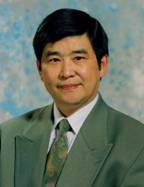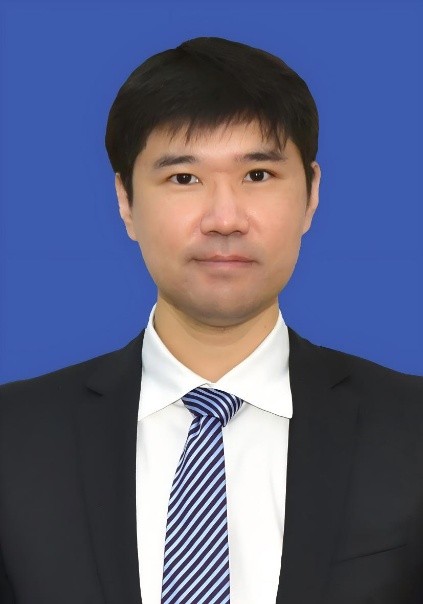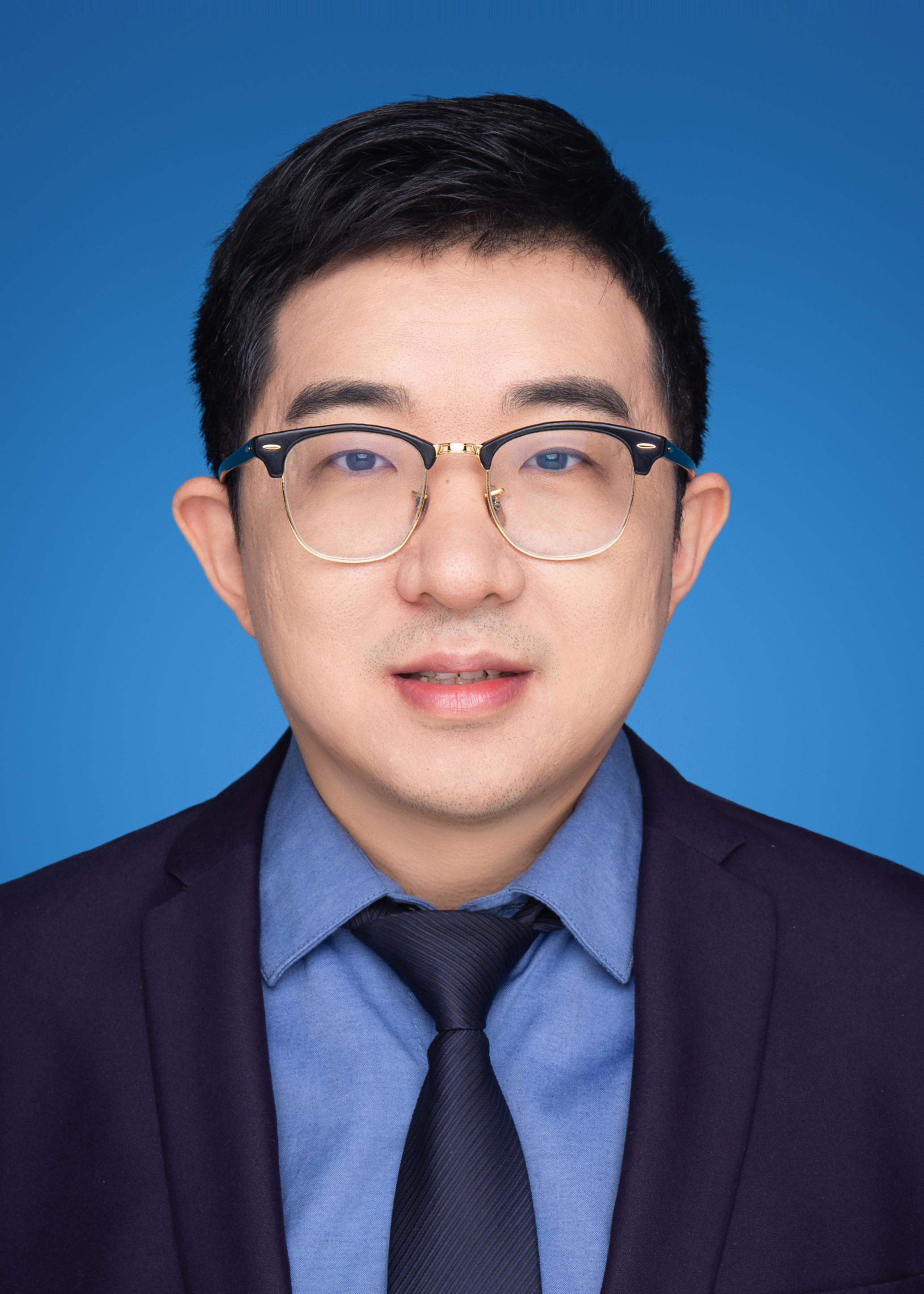Keynote Speakers & Invited Speakers 专家报告

Prof. Qinghua Wu (IEEE & IEE Fellow)
South China University of Technology, China
Professor Qinghua Wu was born in Wuhan, China. He was among the first cohort of graduate students in Chinese universities after the Culture Revolution, and obtained an MEng degree from Huazhong University of Science and Technology (HUST), majoring in Power System and Its Automation, in 1981. After teaching in HUST for three years, he went to the UK in 1984 to pursue his further studies and obtained a PhD in Electrical Engineering from The Queen’s University Belfast in 1987. Professor Wu is the first scholar from mainland China who has been appointed Chair Professor in the UK since the Reform and Opening of China. He has been a Chair Professor in The University of Liverpool and Director of National Instruments e-Automation Laboratory since 1995. He is now Director of Energy Research Institute of South China University of Technology, China.
Professor Wu has been long engaged in research on Power Systems and Intelligence Engineering. He worked as a Lecturer and later on a Senior Lecturer in a first-class Department of Mathematical Science in Loughborough University, UK from 1991 to 1995. He is theoretical and practical and has solid foundation of a wide range of knowledge and experience of engineering. He has been doing research in the areas of power grids and energy systems with his multidisciplinary expertise. He has undertaken creative work in artificial intelligence, computational intelligence, machine learning, multi-agent system, mathematical morphology, nonlinear adaptive control, system on chip, power electronics, simulation and optimization of complex systems, and applications of the subjects mentioned above in power engineering and energy systems. Many research activities undertaken in these areas are rooted from Professor Wu’s early original work.
Professor Wu weaves computational intelligence, systems engineering and power grids together, and is a pioneer in the Smart Grid research. He has authored/co-authored more than 400 papers in international journals including 320 SCI papers and over 400 papers of international conferences. He has also contributed over 20 book chapters and published 5 research monographs issued by Springer, and he holds 50 registered international and Chinese patents. Professor Wu has supervised 30 post-doctoral researchers, 100 PhD students, a great number of MSc, MEng and MPhil students and 40 visiting academic scholars.
Professor Wu has managed and undertaken many research projects of the UK Engineering & Physical Sciences Research Council, National Natural and Science Foundation of China, National Basic Research Program of China (973 Program), Guangdong Innovative Research Team Program, British Telecom, Alstom Ltd, Siemens Ltd, National Grid, National Instruments, China Southern Power Grid, and he has been supported by a large amount of research funds. He has been awarded the prize for Advanced Technology of National Semiconductor, Outstanding Scientist Award of the UK Engineering and Physical Sciences Research Council, the prize for the Best Paper of Institute of Mechanical Engineers and the Best Paper of Institute of Measurement and Control.
Professor Wu is Life Fellow of IEEE, Royal Chartered Engineer, Fellow of IET, and Fellow of CSEE. He is a Visiting Professor and Overseas Academic Expert Reviewer of Chinese Academy of Science, Expert Reviewer of China Science and Technology Award, Guangbiao Professor of Zhejiang University, Adviser of National Smart Grid Research Center of Shanghai Jiaotong University. In addition, Professor Wu has also been appointed as Guest Professor of a number of universities and Senior Technical Adviser in several power companies, and has served as the committee member of a number of international academic conferences.

Prof. Haoran Zhao
Shandong University, Deputy Dean of the School of Electrical Engineering
Haoran Zhao is currently a National Distinguished Professor, PhD supervisor, Deputy Dean of the School of Electrical Engineering at Shandong University, and Assistant to the President of Shenyang Ligong University. He received Bachelor's degree from Shandong University, Master's from the Technical University of Berlin, and the Ph.D. in Electrical Engineering at the Technical University of Denmark and then worked as a postdoctoral researcher there. His professional experience spans State Grid Shandong Electric Power Company, Germany's Younicos AG and DIgSILENT GmbH, and the Center for Electric Power and Energy at DTU. He joined Shandong University full-time in October 2017 and served concurrently as Deputy Director of the Longshan Campus (Innovation Port) Construction Office from 2019 to 2020.
He is a Senior Member of IEEE and Senior Member of the Chinese Society for Electrical Engineering, member of CIGRE Working Group C6.C1.33 (Integrated Energy Systems), member of CIGRE C4.56 (Simulation Model of Large Grid Electromagnetic Transients for Large-scale Power Electronic Integration), an expert of the IEC SC 8A Working Group, and Vice President of the Shandong Energy Research Association. He holds committee roles in the CSEE’s Distribution Network Control & Operation and Energy Internet committees, the China Electrotechnical Society’s AI & Electrical Applications committee, the China Simulation Society’s Integrated Energy Digital Twin committee, and the China Renewable Energy Society’s Integrated Energy committee. He is listed in the Top 2% Scientists Annual Impact List for his influential research contributions.

Prof. Yu Wang
Chongqing University, China
Wang Yu is a Hongshen Outstanding Professor in Chongqing University. He has been selected for the "National-Level Young Talent Program" and the European Union's "Marie Skłodowska-Curie Fellowship" program. He has published over 100 papers in international journals and conferences. He serves as an editorial board member for international journals such as MPCE, IET GTD, and IET RPG, and Secretary of the IEEE PES Energy Internet Coordination Committee Working Group, Member of the New Energy and Energy Storage Systems Committee of the Chinese Association of Automation, and Member of the Smart Microgrid Committee of the Chinese Energy Society. He has been recognized as a Web of Science Highly Cited Researcher (top 1%) and included in the list of the World's Top 2% Scientists. His research focuses on power system dynamics and control, microgrid and distributed energy resource, and cyber-physical power system security.
Speech Title: Knowledge-Data Integrated AI Agent for Operation and Control in Microgrids
Abstract: With the large-scale integration of distributed energy resources into multi-level power distribution systems, networked microgrids are gradually evolving into a new form of energy interconnection with regional autonomous capabilities. Characterized by massive device populations, significant dynamic heterogeneity, and operational uncertainty, this system poses substantial challenges to traditional centralized control paradigms. In recent years, machine learning methods have emerged as innovative solutions to address these challenges. By integrating multi-source measurement data from both internal and external systems to train intelligent agents, these approaches can effectively uncover latent evolutionary patterns and disturbance propagation characteristics in complex dynamic systems, thereby establishing environment-adaptive optimization decision-making models. This presentation will unfold across three dimensions: First, it will analyze typical application scenarios of microgrids and their core control requirements. Subsequently, it will examine critical bottleneck issues in knowledge-data fusion driven collaborative control. Finally, it will highlight our team's research advancements in AI driven control and operation in microgrids: 1) A dynamic optimization method for secondary control parameters based on deep reinforcement learning; 2) A safety-enhanced reinforcement learning framework incorporating customized energy storage constraints; 3) Privacy-preserving collaborative operation control through federated reinforcement learning. By constructing a knowledge-guided and data-driven collaborative intelligent control architecture, this work provides theoretical foundations and technical pathways for efficient coordination of diversified resources in next-generation power systems.